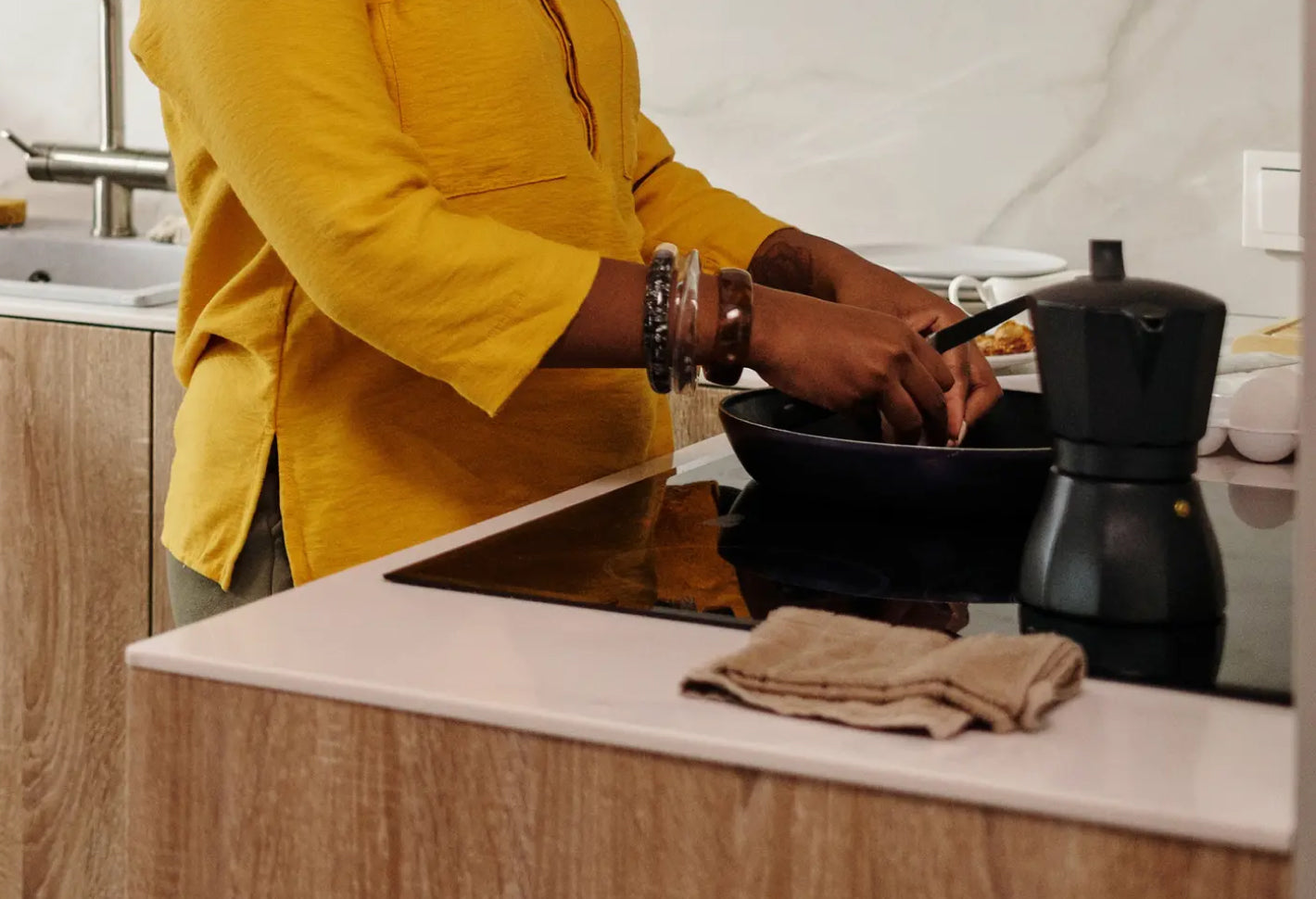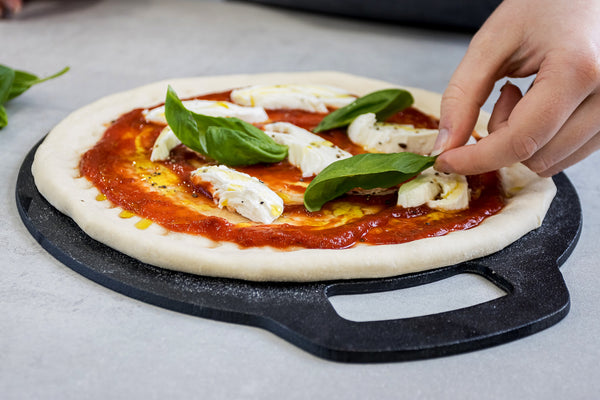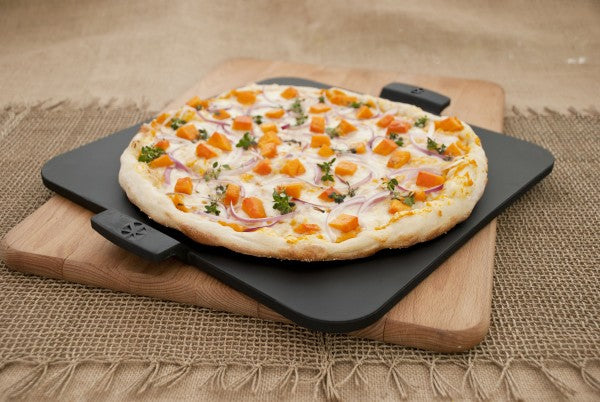The art of using heavy cookware on induction is both a science and a skill that every kitchen professional seeks to master. As the culinary world evolves, induction cooktops have become a staple in modern kitchens. Known for their energy efficiency and precise temperature control, these cooktops are perfect for a variety of cooking methods. However, they come with their own set of challenges, especially when it comes to using heavy cookware.
In this article, we will delve into the nuances of using heavy cookware on induction. We will explore the advantages, potential pitfalls, and tips to make the most out of your induction cooking experience. By understanding these elements, kitchen professionals can enhance their culinary creations while maximizing efficiency in the kitchen.

Why Choose Induction Cooking?
Induction cooking has revolutionized the way we prepare food. Unlike traditional gas or electric stoves, induction cooktops use electromagnetic fields to heat cookware directly. This method offers several benefits that are especially appealing to kitchen professionals:
- Energy Efficiency: Induction cooktops are more energy-efficient because they heat the cookware directly, reducing the amount of energy lost in the process.
- Precision: The ability to control temperature with high precision is a game-changer, allowing chefs to execute delicate dishes with ease.
- Safety: The cooktop itself remains cool to the touch, reducing the risk of burns and making the kitchen a safer place.
The Challenge of Heavy Cookware
One of the primary concerns when it comes to using heavy cookware on induction is the weight and compatibility of the cookware. Induction cooktops require magnetic-based cookware to function. Therefore, not all heavy cookware is suitable for induction cooking. For instance, cast iron and stainless steel are generally compatible, while aluminum and copper are not unless they have a magnetic base.
Learn more about cast iron compatibility.
Selecting the Right Cookware
When choosing heavy cookware for induction cooking, consider the following factors:
Material
The material of your cookware is crucial. As mentioned earlier, cast iron and stainless steel are ideal choices. However, ensure that the base is flat and smooth to prevent scratching the cooktop. Discover more about cast iron on induction.
Weight and Size
While heavy cookware is often more durable, excessive weight can be a concern. Induction cooktops have a weight limit, so always check the manufacturer's guidelines. Additionally, ensure that the size of the cookware matches the size of the induction zone for optimal performance.
Flat Bottom
A flat bottom ensures even heat distribution and minimizes the risk of damaging the cooktop surface. This is particularly important for heavy cookware like cast iron skillets.
Maximizing Your Cooking Efficiency
Once you have the right cookware, it's essential to use them effectively to get the most out of your induction cooktop:
Preheating
Induction cooktops heat up rapidly, often eliminating the need for preheating. However, for certain recipes, especially those involving heavy cookware like cast iron, preheating can be beneficial. Read more about preheating.
Temperature Control
Take advantage of the precision temperature control offered by induction cooktops. This is especially useful for simmering sauces or maintaining a consistent fry temperature.
Cleaning and Maintenance
Proper maintenance of your cookware and cooktop is essential for longevity. Avoid abrasive cleaners that can scratch the surface of both the cookware and the induction cooktop.

Frequently Asked Questions
Can all heavy cookware be used on induction cooktops?
Not all heavy cookware is suitable for induction cooktops. Only cookware with a magnetic base, such as cast iron and stainless steel, can be used. It's essential to check the manufacturer's specifications or conduct a magnet test to ensure compatibility.
Does using heavy cookware affect the performance of induction cooktops?
Using heavy cookware on an induction cooktop can affect performance if the cookware exceeds the weight limit or is not flat-bottomed. It's important to use cookware that is within the recommended weight range and has a smooth base for optimal heat distribution.
What are the benefits of using induction cooktops for professional kitchens?
Induction cooktops offer numerous benefits for professional kitchens, including energy efficiency, precise temperature control, and enhanced safety. These features make them ideal for high-volume cooking and delicate culinary techniques.
For more insights on using induction cooktops and cookware, visit Lodge Cast Iron and Field Company.






Leave a comment
This site is protected by hCaptcha and the hCaptcha Privacy Policy and Terms of Service apply.